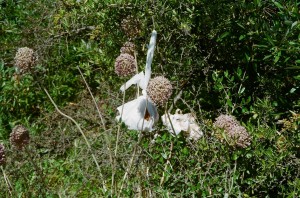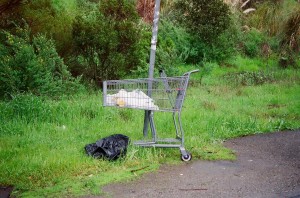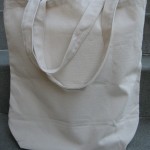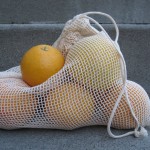Carol Misseldine has been an environmental luminary for years. Trained in the comprehensive framework of the Natural Step, she has been a strong and clear voice for constructing our lives and our society with understanding and respect for both the abundance and the limits of nature.
Carol began her career of environmental leadership with the Michigan Environmental Council. When she took the post of Executive Director there, the annual budget was about $70,000. When she left four years later, the budget had grown to nearly $1 million, with a commensurate increase in the agency’s effectiveness.
As Sustainability Director in the office of Oakland mayor Jerry Brown, Carol initiated one of the state’s first municipal single-use bag ordinances as well as a foam food-ware ban. Later, as Sustainability Coordinator for Mill Valley, she catalyzed the City’s adoption of a similar foam ban and the elimination of plastic water bottles from City offices, parks, and functions.
When the State budget crisis cut short the plan of the Ocean Protection Council to fund a Master Environmental Assessment (MEA) on single-use bags, Carol personally raised over $100,000 to fund the completion of this pivotal report. The MEA has influenced dozens of California municipalities as they have contemplated and, in many cases, passed plastic bag bans.
Carol combines her passion for the health of the planet with careful study and the ability to see broad patterns side by side with the particulars. Her combination of deep caring with deep mastery of ecological principles has made her a much loved and sought-after speaker in the Bay Area and beyond. Leaders in the field, from elected officials to city planners to nonprofit advocates, listen to Carol and seek her opinion on issues of sustainable practice.
Ever searching for new ways to restore the environment, she leads the community in ever-new initiatives. The first recipient of the Humane Society University’s Animal Policy and Advocacy Graduate Certification, Carol has embarked on her latest campaign – Less Carbon, More Compassion – promoting an end to Confined Animal Feeding Operations and inspiring citizens to adopt a plant-based diet. These two steps together represent one of the most important ways we can save the climate, improve our health, and affirm our fellowship with other creatures.
We are fortunate to have Carol Misseldine as a leader in the community, reminding us to look deep in our hearts and to imagine a truly healthy and compassionate world.

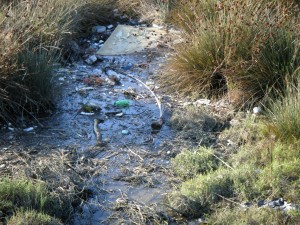
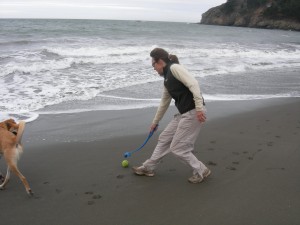
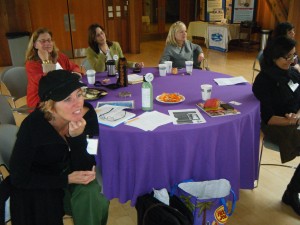
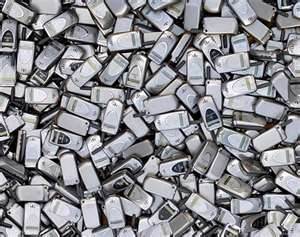
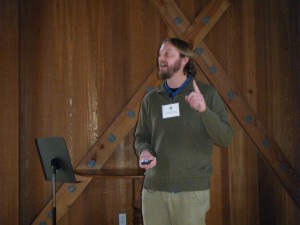
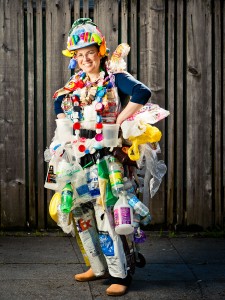
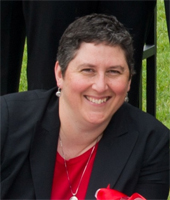

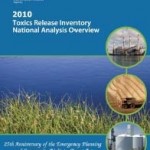
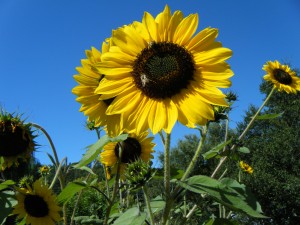
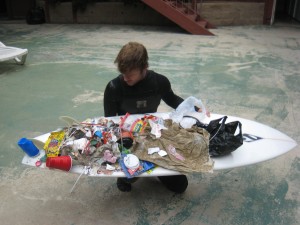
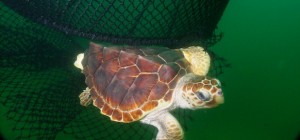
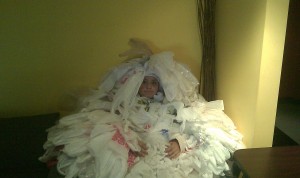
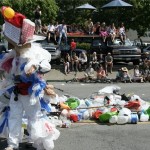
 Blue Gold
Blue Gold
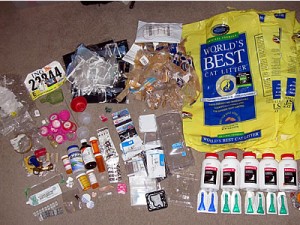
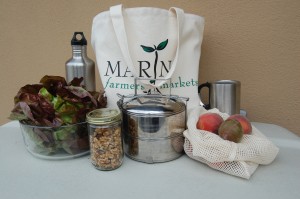
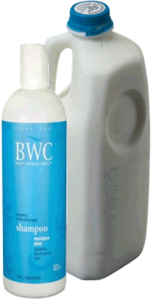 I never use bottles like these!
I never use bottles like these! 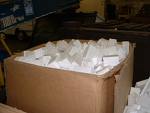
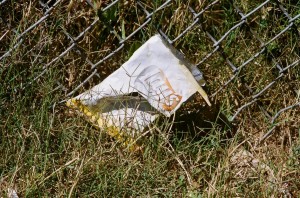 What information would make it easier for you and the groups you are part of to cut waste? An itemized list or chart of the costs of throw-away items, in terms of energy expenditure, materials wasted, extraction (mining, logging, drilling), and toxicity, along with the less measurable dimension of non-biodegradability. Then, a comparison to reusable items of various sorts (sustainable vs. synthetic, for example).
What information would make it easier for you and the groups you are part of to cut waste? An itemized list or chart of the costs of throw-away items, in terms of energy expenditure, materials wasted, extraction (mining, logging, drilling), and toxicity, along with the less measurable dimension of non-biodegradability. Then, a comparison to reusable items of various sorts (sustainable vs. synthetic, for example).